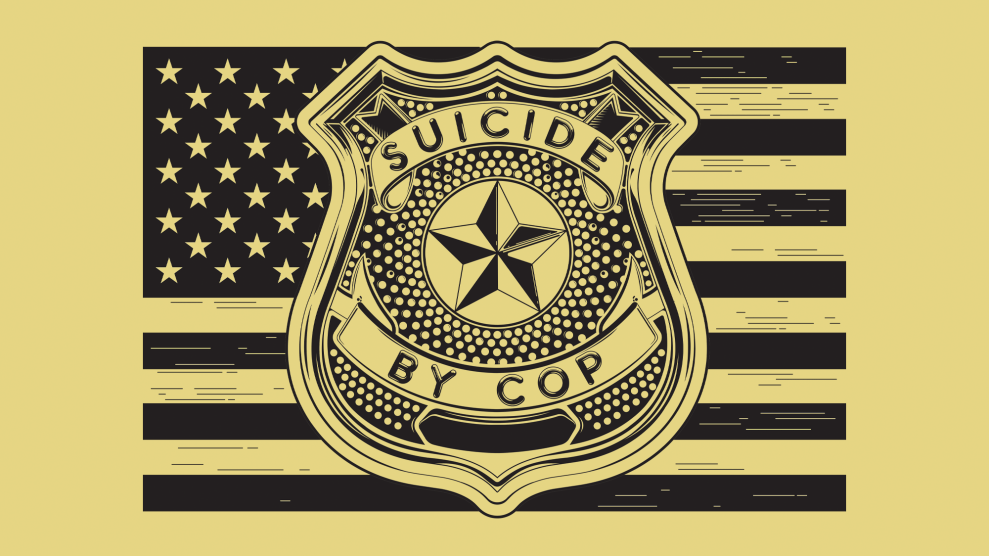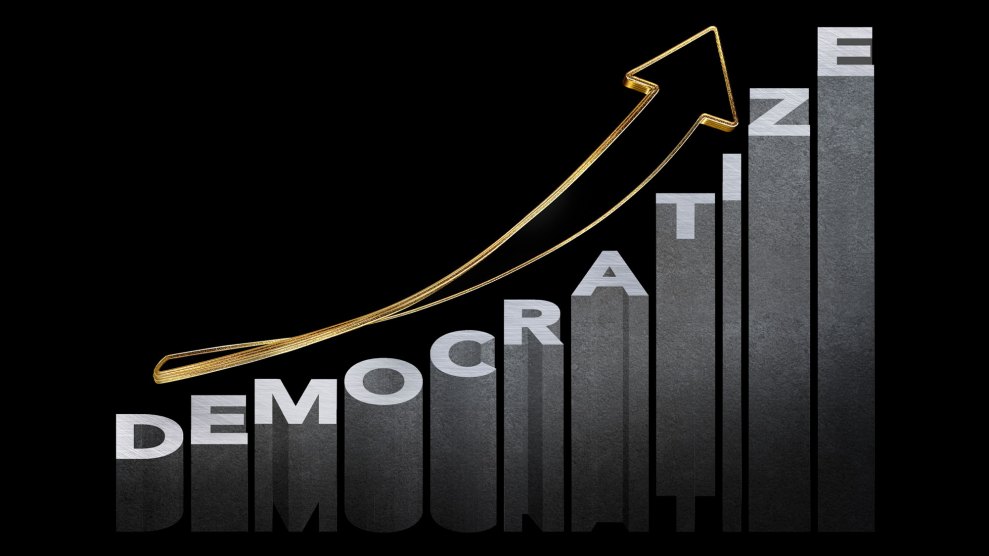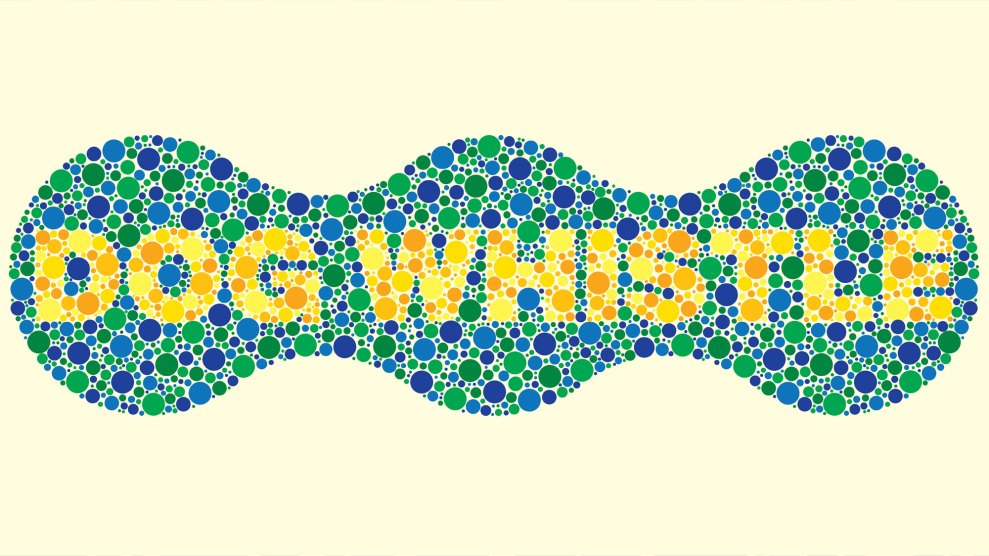
Steven Wilson
American police speak in a peculiar lexicon. When an officer guns somebody down, it is an “officer-involved shooting.” When a department spokesperson speaks of “the use of force,” police violence is reduced to basic physics. “Fatality” dulls a plainer reality: that somebody has been killed.
A less-discussed clause carries with it the same obfuscation of meaning: “suicide by cop.” The phrase refers to a person who provokes the police’s violence to kill themselves. But too often it has been loosely applied to excuse police killings as unavoidable.
The history is murky but “suicide by cop” is thought to have been coined by a cop-turned-psychologist named Karl Harris in the early 1980s. When he left policing, Harris supposedly took up work at a suicide hotline in Los Angeles. “I saw all the different ways people attempted suicide,” he told the New York Times more than a decade later, “and it occurred to me that maybe some people were actually forcing cops to shoot them because they wanted to die.” Harris, who would go on to earn a PhD, conducted an informal study on suicides by cop; it was never published, but the concept caught on among scholars. At the time, new theories of criminality and social deviance were changing the foundations of policing. One theory soon to become orthodox saw derelict neighborhoods—signified by “broken windows”—as sites of criminality demanding control. Simultaneously, mental illness was increasingly being treated by jails and prisons, rather than by other institutions. “Suicide by cop” joined a bundle of new concepts that recast the perceived social crises of the day as manifest in a group of violent people who would only understand violence in return; the rise of a militant police force could be explained, in this logic, as self-protection.
By the end of the ’90s, the phrase secured its place in the minds of police as absolution. “These people want to die,” a SWAT veteran said at the time. “How are you about to change their minds?” Academics followed along. In their studies, they often took for granted that people were trying to be killed. They focused on locating the measurable traces of this new suicidality, rather than on probing the sureness or explanatory power of the concept.
Their findings were generally questionable. In one 1998 paper, published by the FBI, a police killing was deemed a suicide by cop because the victim was holding up an unloaded rifle and, just before he was shot, had “a strange look” on his face. (The paper remains well cited today.) Another influential study that year, led by a Harvard Medical School professor, relied on assuming police violence victims as suicidal if, when confronted by officers, they exhibited suicidal characteristics like raising a gun or, in one case, holding an undisclosed “blunt object.”
For all the cases of suicide by cop that rely on surmise, there are some that don’t. Buried in a couple of journal articles are mentions of victims’ notes, in which people announce their intention to die. But such admissions are rare.
According to a 2016 review of the literature, “tentative evidence” suggests that somewhere between one-tenth and one-half of all police shootings are suicides by cop. But why would 100 to 500 people choose to die at the hand of the police each year? Some law enforcement experts say that victims have a death wish they cannot fulfill alone. Others think victims could possess ulterior motives. A Yale pathologist, who doubled as deputy chief medical examiner of the Bronx, co-authored a study that proposed that some victims could be angling for their families to receive a life-insurance payout.
The speed to proclaim deaths as suicides has consequences. A 2021 study found that more than half of police killings in the United States are mislabeled by medical officials. Suicide by cop adds to this problem. It falsely “implies that a huge number of killings are justified,” says Alex Vitale, a sociologist at Brooklyn College.
In the police’s common language, suicide by cop satisfies some basic element of police self-understanding. If a person is armed, cops shoot. If a person acts strange, cops shoot. These are the bulk of deaths researchers describe as “suicides by cop,” as if police killings were no more avoidable than natural law. The police, in their strange tongue, tend to say more about themselves than about anything else.
















